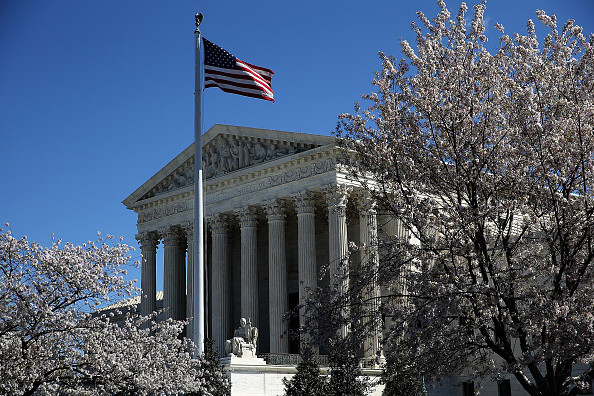US Supreme Court approves new rule expanding FBI's hacking powers

The US Supreme Court has approved making changes to a rule that will essentially expand the FBI's hacking powers across the country. The changes would allow the Department of Justice to secure warrants for remotely located electronic devices.
The changes, approved on 28 April, will amend Rule 41, essentially providing judges with the authority to grant warrants to remotely access suspects' computers, even when it is located outside their jurisdiction. In other words, a judge in New York would be allowed to issue a warrant authorising hacking into a suspect's computer or phone in any other state.
"Under the proposed rules, the government would now be able to obtain a single warrant to access and search thousands or millions of computers at once; and the vast majority of the affected computers would belong to the victims, not the perpetrators, of a cybercrime," said Oregon Senator Ron Wyden.
The Bloomberg reported Peter Carr, spokesperson for the Justice Department, as saying: "The use of remote searches is often the only mechanism available to law enforcement to identify and apprehend."
The ruling has caused widespread concern among privacy activists, who claim implementing such a law would severely infringe on citizens privacy and may even give the FBI the powers to administer mass hacks.
The ruling comes on the heels of the encryption controversy, with the recent battle between Apple and the FBI adding fuel to it. Apple's victory resulted in the FBI having to employ a third party, which it is believed to have paid over $1m (£685,265) to hack into the San Bernardino killer's iPhone 5C. It is likely that the Justice Department's push to make changes in Rule 41 was born out of the FBI's very real need to gain more power in cybersecurity investigations.
The US Congress now has time till 1 December to either reject or modify the changes to Rule 41, after which it will officially go into effect.
© Copyright IBTimes 2025. All rights reserved.






















